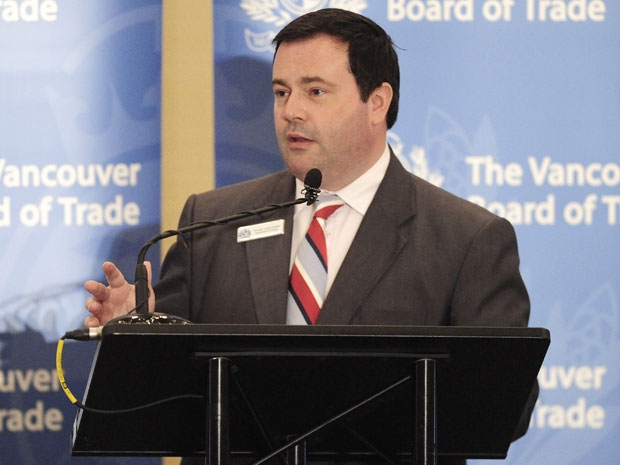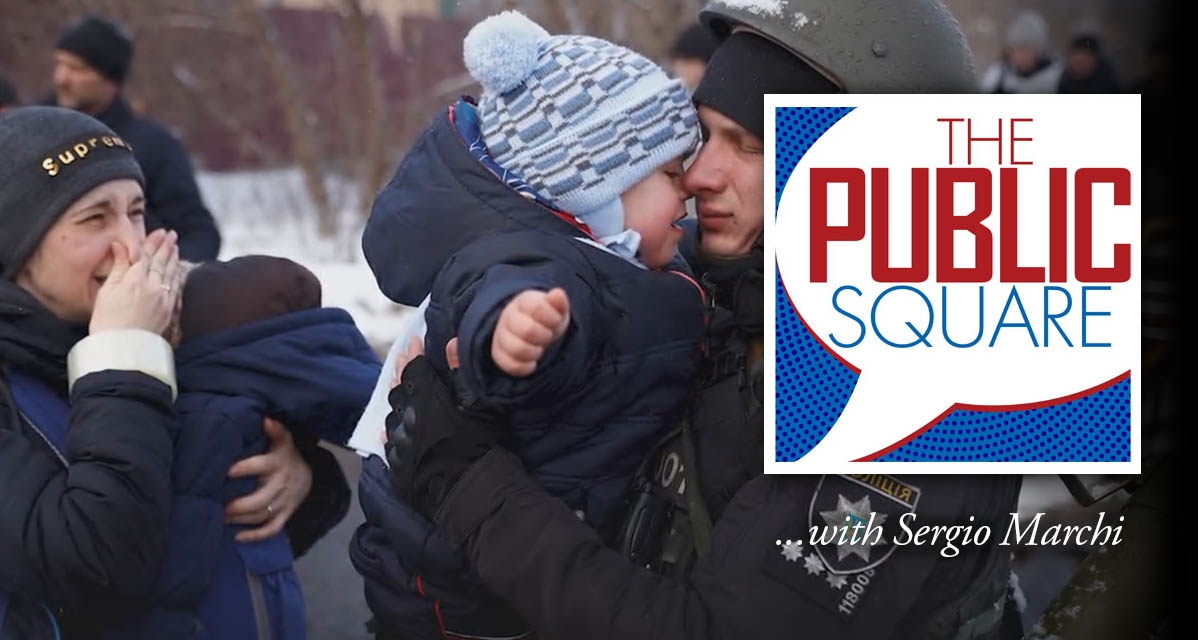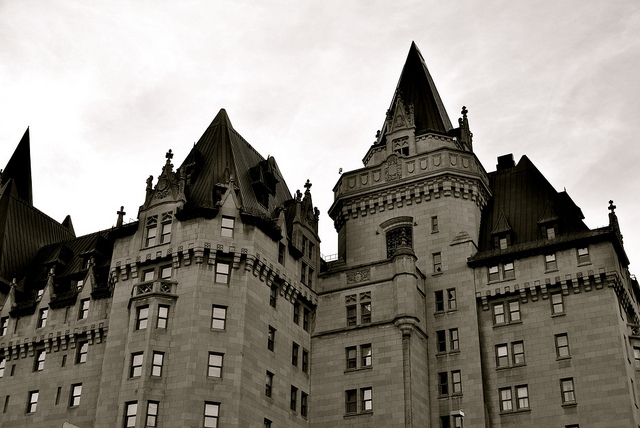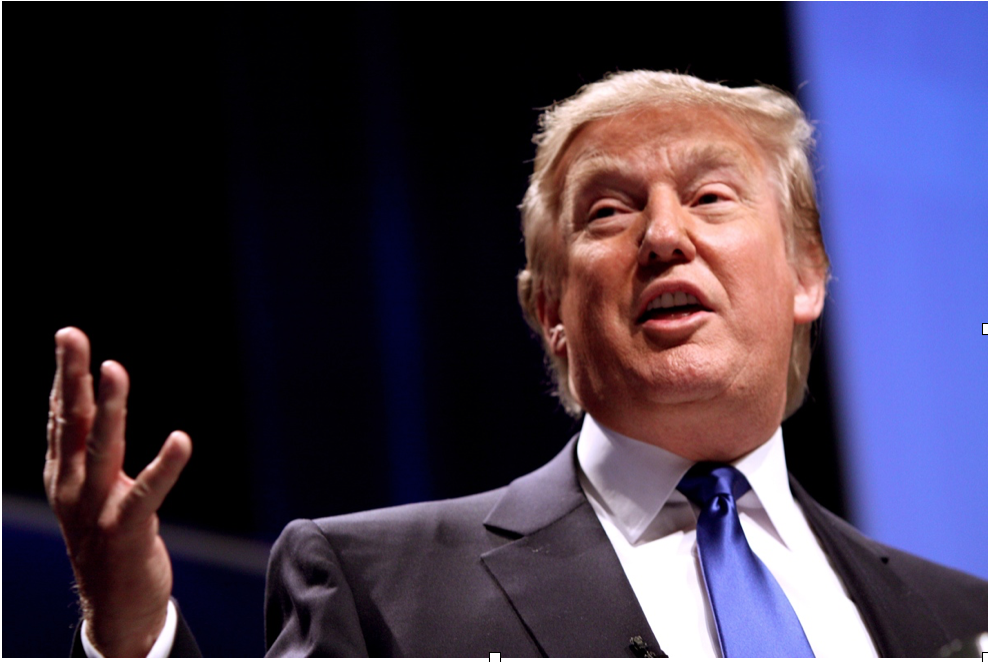
Jason Kenney Hits a Nerve with Blunt Letter to Amnesty International (Canada) That Questions Their Credibility and Objectivity
By Dan Donovan, Publisher and Managing Editor
The Credibility of the actions of Amnesty International (Canada) and their continual and constant criticism towards the Harper government have been questioned by many over the past 5 years as the organization has consistently aligned itself with whatever position the NDP or “left” in Canada takes on most human rights matters. This usually involves a narrative where the Conservatives are always bad and are pre-disposed to things like handing over detainees to be tortured in Afghanistan, etc. Never mind the absence of evidence to back these claims. Instead, Amnesty International would rather attack the government with the same media lines as the NDP caucus. They did this on the Afghanistan detainee file, with Richard Colvin, and with several matters involving Canada’s’ Foreign policy regarding the Israeli –Palestinian question. However, their latest assertion that war criminals hiding in Canada may be innocent and should somehow get preferential treatment was a bit much for many, including Federal Immigration Minister Jason Kenney. When there are thousands fighting for democratic freedom being murdered by their own government in Syria, when there are millions dying of starvation in the Horn of Africa, largely due to the ineptitude of diplomats at the United Nations and the genocidal actions of warloads, and when there are hundreds of women in Papua New Guinea and Tanzania being raped by security forces at mines controlled by Canadian Mining giant Barrack Gold, Mr. Neve finds time in his day to write a letter to scold Ottawa for aggressively targeting and going after war criminals hiding out in Canada. Make no mistake about it-these are people on the lam here who have committed atrocious human rights crimes. Has Amnesty International Canada become so jaded they can’t even give Harper a gold star when he does something right. Apparently, not. The current management team at Amnesty International (Canada) has diminished itself, its supporters and Amnesty International (Canada) with its dumbfounded defence of what they believe to be the rights of war criminals hiding out in Canada.
Immigration Minister Jason Kenney responded to the Amnesty International (Canada) criticism on Canada’s new policy to hunt down and remove war criminals hiding out in Canada. The full text of the letter from Immigration Minister Jason Kenney to Alex Neve, Secretary General of Amnesty International Canada is below. It raises serious questions about the credibility and objectivity of Amnesty International Canada and its current leadership in Canada.
August 9, 2011
Dear Mr Neve and Mrs Vaugrante,
I must confess that my first reaction upon reading your open letter to Minister Toews and myself was one of surprise and joy. For your organization to muster its formidable powers of suasion against the orderly and innoxious proceedings of the Canadian immigration system must mean that the world’s most truculent regimes have discharged their last political prisoners and advocates of democracy are free to march in the streets of Tehran and Pyongyang. I have since learned this is not the case, leaving me puzzled as to why Amnesty International (AI) would waste its time and resources opposing the legal deportation of war criminals and serious human rights violators from Canada.
When I joined AI in high school, it was to defend the rights of political dissidents like Andrei Sakharov and to oppose brutal regimes, including those still doing bloody business in Iran and North Korea. I am disappointed to learn you are now squandering the moral authority accrued in those campaigns on targeting one of the most generous immigration systems in the world, and protesting the actions of Canadian public servants applying rules and laws that far exceed our international obligations.
I will take your points in order. You begin by expressing “concern” that the government published the names and photos of individuals “who have been accused of having committed war crimes or crimes against humanity who are believed to be residing in Canada.” Let me pause here to correct a common misconception, one shared by many in the press. These men are not merely “accused” or “alleged” human rights violators; the Immigration and Refugee Board (IRB) does not make allegations or accusations – it makes formal findings of fact and its decisions may be appealed to the federal courts. Every one of these men was found to be inadmissible to Canada under section 35 of the Immigration and Refugee Protection Act. This means that the IRB found that “there are reasonable grounds to believe” that each of these men committed “an offence referred to in sections 4 to 7 of the Crimes Against Humanity and War Crimes Act,” i.e., they were complicit in genocide, crimes against humanity or a war crime. These findings were based on evidence – including, in many cases, voluntary admissions – after formal proceedings during which these men had the right to be represented by counsel.
You are further “concerned that the initiative does not conform to Canada’s obligations with respect to human rights and international justice.” Poppycock. The due process these individuals have already been afforded exceeds both the requirements of the Charter and Canada’s international treaty obligations. Individuals are not lightly or easily deported in Canada; it typically involves multiple levels of review and appeal and can take years or even decades. Casually asserting that this generous system violates “human rights and international justice,” without elaboration or specific citations, is sloppy and irresponsible. In fact, this is precisely the slander you wrongly accuse the government of directing at the deportees. More troubling, it dilutes the meaning of the words “human rights and international justice,” the moral authority of which is threatened by such reckless imprecision and promiscuous misapplication by self-proclaimed “human rights” organizations.
You correctly note that these men have “been found ineligible for entry into Canada on the basis of these accusations, and have been ordered deported” (though the snide preface “apparently” is unnecessary and unworthy), but you object that “the details about the nature, basis or seriousness of the accusations against them have [not] been made public.” This is not entirely true and, where true, not fair.
Where the individuals have made their records public, either voluntarily or in federal court, the details of their cases are well known. For example, we know that one of the 30 men still at large, Jose Domingo Malaga Arica, admitted to participating in helicopter raids on villages in which women and children were machine-gunned indiscriminately and to transporting accused criminals to be tortured. We know this because his federal court record is public. However, in cases where no exception to the Privacy Act applies, the government has not revealed such detailed information. What would AI’s reaction be if we did? I think I can guess from your demand at the end of your letter that we do more to “safeguard” the “privacy” of these scofflaws. You can’t have it both ways: you can’t protest that we have not revealed enough information about these men at the same time you oppose our identifying them at all. Is it your position that the Canadian public does not deserve to know that these men are hiding among us unless or until each of them has signed privacy waiver allowing details of their complicity in crimes against humanity to be made public? If so, I respectfully disagree. I believe the Canadian public deserves better.
You also complain that we have chosen to deport these men, instead of trying them for war crimes or crimes against humanity. Our primary duty as a government is to protect Canada and Canadians. Deporting these men discharges this duty and ensures Canada will not become a sanctuary for international war criminals and serious human rights abusers. We are not obligated to conduct full-blown trials, at the cost of millions of taxpayer dollars, to prosecute every inadmissible individual for crimes committed in distant countries, often decades ago. In addition to the extraordinary time and cost this would require, it would burden an already-strained legal system and clog our courts with foreign criminals. Moreover, in many cases the lack of accessible evidence, local witnesses and a meaningful connection between Canada and the crimes committed would make prosecution a quixotic proposition. That said, where an individual is the subject of a warrant from a foreign court or tribunal, we will consider turning him over to the appropriate authorities. Our preeminent goal, however, is defending Canada and upholding the integrity of our immigration system by enforcing these outstanding deportation orders.
On one point, at least, I am pleased to be able to allay your concerns. You fear that these individuals “might be at risk of serious human rights violations,” such as “torture, extrajudicial execution or enforced disappearance,” when they are returned to their home countries. As you know, every one of these men is entitled to a pre-removal risk assessment (PRRA), which ensures that Canada complies with its existing treaty obligations and does not refoule even the worst of offenders to face “torture, extrajudicial execution or enforced disappearance.” They are also entitled to apply for judicial review by the federal courts of a negative PRRA decision, providing for multiple layers of protection.
Finally, you claim to be “concerned about the fact that these cases have been so widely publicized” given the “reputational harm” it may cause these men and the hypothetical risk it may impose on them or their relatives. No doubt such exquisitely burnished sympathy does you credit. However, as a former AI member, may I suggest that ostentatious hand-wringing over the good name of war criminals and human rights violators may sit uneasily with those AI members who, perhaps naively, believe your compassion should be reserved for their victims.
The Canadian public understandably wants war criminals and human rights violators kept out of Canada. When they sneak in or escape before they can be sent home, the public wants us to find them and remove them. Not coincidentally, this is also what the law requires. Your calls for more time, more process, more deference and more protection for war criminals and serious human rights violators, by contrast, come across as self-congratulatory moral preening. I have listened to your concerns, and, frankly, I prefer the common sense of the people and the law.
Sincerely,
The Hon. Jason Kenney, M.P., P.C.








